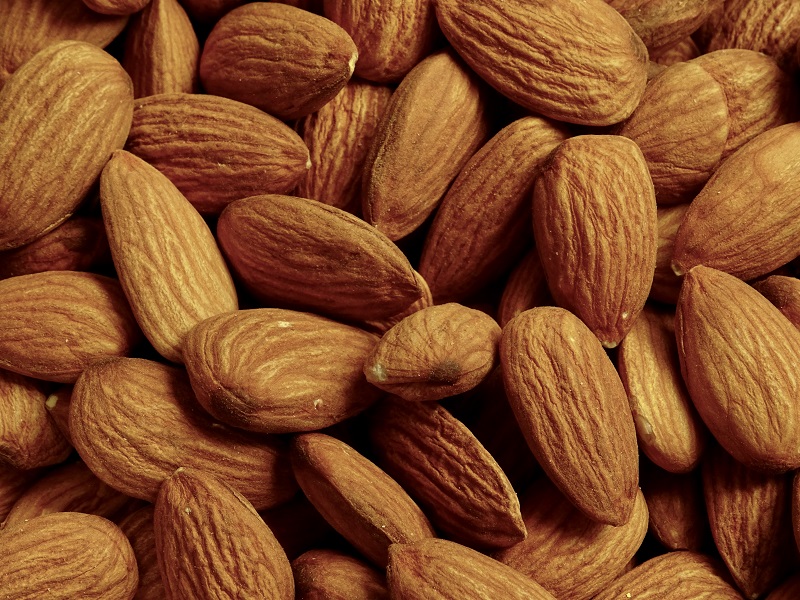Survey Gets to the Bottom of Tomato Juice Taste Test
Hands down, Florida-grown tomatoes have the market cornered for foodservice purposes. However, newer varieties could help float the industry to new heights in the future. In particular, the UF/IFAS-bred ‘Garden Gem’ packs a tasty punch for tomato juice, according to newly published University of Florida research.
For a newly published study, scientists used six UF/IFAS varieties to process into six different tomato juices. In three testing panels comprising a total of 255 consumers, researchers asked the testers at the UF Sensory Lab how they tasted and smelled. The verdict: two “thumbs-up.” While other varieties fared well in the tests, panelists consistently rated juice made from the ‘Garden Gem’ significantly higher for aroma, flavor, and texture.
“This study shows Florida tomatoes are viable for making processed tomato products,” said Paul Sarnoski, a UF/IFAS Associate Professor of food science and human nutrition and lead author of the study. “Our juice exhibited better flavor – with more fresh and fruity attributes closer to that of a fresh-picked tomato.”
UF/IFAS colleague Sam Hutton believes the new data on tomato juice will help his efforts to develop tastier tomatoes for farmers to grow.
“This research is interesting to me because the chemistry of better-tasting juice is very similar to the chemistry of better-tasting tomatoes,” Hutton said. “So, these results help to direct my program’s efforts to develop varieties with improved flavor, especially ones with more of these fruity attributes. Such varieties may then be more preferred by consumers and could help boost demand and consumption of Florida tomatoes.”
The next step scientists want to know is whether Florida tomatoes can be marketed at a cost-effective price. Once they clear those hurdles, scientists hope to help producers stock grocery stores with Florida-grown tomato products. Generally, processed tomatoes are sold for less money than fresh-market ones and need to be processed into a juice, sauce, paste, etc.
Interested stakeholders also need to know whether Florida has the food-processing infrastructure in place. And if not, does the industry need to adapt existing food processing infrastructure to produce processed tomato products?
“I think these two questions relating to costs need to be answered before juice from Florida processed tomato products end up in a supermarket,” Sarnoski said. “Right now, in Florida, most of the juice processing is focused toward citrus. Perhaps some of that infrastructure can be modified to make tomato juice.”









